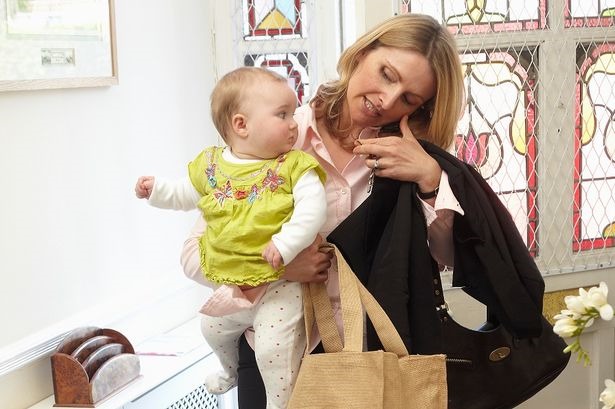By: Mary Phelan QFA, 18th April 2018
Following on for a recent chat with some girlfriends I realised that so many professional and well-educated women in their 40’s have no idea what their pension provision is going to be when they retire. Let’s face it, women carry the vast majority of the responsibility of rearing children and running the home. Trying to do this in full-time employment is very difficult. As a result, many women work part-time or leave the workforce completely for a number of years. How are these actions going to affect you when you reach retirement age? It’s a question that many can’t answer.
Although men and women are treated equally in relation to pension provision, there are a number of areas such as maternity leave, part-time working, and breaks in employment that are of particular interest to women. Many women are homemakers and rely on benefits available from their spouse/partner’s pension scheme. Also, women generally live longer than men. These factors mean that women can be more vulnerable in relation to retirement.
If you have been out of the workforce for some years, you will need to consider the implications for your pension. In particular, you will need to consider if you should save more to make up for the loss in pensionable service while you were out of the workforce.
If you were a member of any pension scheme before your break in employment, are you entitled to any benefits from these schemes? Do you know what these entitlements are and how you could access them? It’s very important to keep tabs on your paid up / preserved pensions if you have moved jobs. You may have the option to transfer them to a Buy out Bond and take control yourself going forward.
Have you considered making additional voluntary contributions (AVCs), taking out a PRSA or if you are a civil or public servant, buying notional years service (buying added years) to supplement your pension and make up for the missing years?
It’s worth putting the effort into checking and following up on paid-up pensions. If you don’t know where to start it is probably a good idea to talk to your adviser at the very least they can ask all the relevant questions on your behalf and arm you with the information for your retirement. We are all busy and these things usually get put to the bottom of the list but a little time spent now could pay off dividends in the future.

